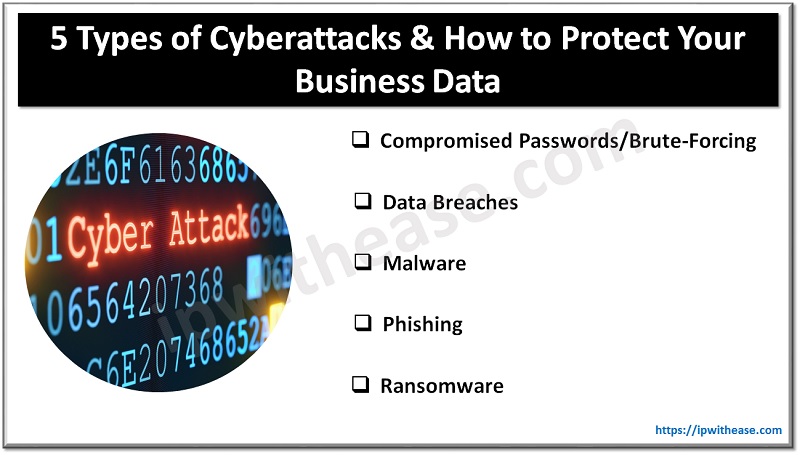Table of Contents
As the ecommerce industry continues to grow, so does the risk of cyber threats. Ensuring the security of your online store is essential not only for protecting your business but also for maintaining the trust of your customers.
In this blog post, we’ll explore some crucial steps you can take to safeguard your ecommerce store from cyber threats and create a secure shopping environment.

Steps to Ensure Ecommerce Security
Secure Your Website With SSL Encryption
One of the foundational steps in securing your online store is implementing SSL (Secure Socket Layer) encryption. SSL certificates ensure that any data transmitted between your website and your customers, such as login details and payment information, is encrypted and secure from hackers.
To get started with SSL encryption, purchase a certificate from a trusted provider and follow the instructions to install it on your server. For example a secure website will display a padlock icon and an HTTPS prefix in the browser’s address bar, reassuring customers that their information is safe.
Use A Reputable Ecommerce Platform
When choosing an ecommerce platform for your online store, make sure to select one with a strong reputation for security. Platforms like Shopify, WooCommerce, and Magento have robust security measures in place to protect your store from cyber threats.
These platforms often include features like automatic updates, regular security patches, and support for SSL encryption, ensuring that your store remains secure against evolving threats.
Implement Strong Password Policies
Weak passwords can be a significant vulnerability for your ecommerce store, making it easy for hackers to access sensitive information. To reduce this risk, implement strong password policies for both your customers and your staff. Encourage the use of long, complex passwords that include a mix of letters, numbers, and special characters.
Additionally, require regular password changes and enable two-factor authentication (2FA) for added security.
Regularly Update And Patch Your Software
Outdated software can leave your online store vulnerable to cyber threats, as hackers often exploit known security flaws in older versions. To protect your store, make sure to regularly update your ecommerce platform, plugins, and any other software you use.
Keep an eye out for security patches and updates from software providers, and install them promptly to ensure your store remains protected against emerging threats.
Monitor Your Store For Suspicious Activity
Regularly monitoring your ecommerce store for any suspicious activity can help you identify potential security breaches early on. Use tools like Google Analytics to track user behavior and identify any unusual patterns, such as a sudden increase in failed login attempts or unexpected changes in traffic sources.
If you detect any suspicious activity, investigate promptly and take appropriate action to address any security vulnerabilities.
Limit Access To Sensitive Data
Another essential step in securing your online store is limiting access to sensitive data. Restrict the number of employees who can access customer information, payment details, and other confidential data.
Ensure that each employee has their own unique login credentials and limit their permissions to only what is necessary for their role. Regularly review and update user permissions to maintain a secure environment.
Secure Your Payment Gateway
A secure payment gateway is crucial for protecting your customers’ financial information and maintaining their trust. Partner with a reputable payment gateway provider that complies with the Payment Card Industry Data Security Standard (PCI DSS). This standard ensures that any company handling credit card information maintains a secure environment.
Additionally, consider using tokenization to protect sensitive payment data further. Tokenization replaces sensitive information with a unique identifier, reducing the risk of data breaches.
Educate Your Staff On Cybersecurity Best Practices
Your employees play a vital role in maintaining the security of your online store. Educate your staff on cybersecurity best practices and the potential risks associated with their actions.
Provide regular training on topics such as password security, phishing scams, and safe internet browsing. By creating a culture of security awareness, you can reduce the likelihood of human errors that may compromise your store’s safety.
Conclusion
Protecting your ecommerce store from cyber threats is an ongoing process that requires vigilance and proactive measures. By implementing SSL encryption, using a reputable ecommerce platform, enforcing strong password policies, regularly updating your software, monitoring your store for suspicious activity, limiting access to sensitive data, securing your payment gateway, and educating your staff on cybersecurity best practices, you can create a secure shopping environment for your customers and protect your business from potential threats.
Continue Reading
SSL vs TLS: What is the difference?
ABOUT THE AUTHOR
IPwithease is aimed at sharing knowledge across varied domains like Network, Security, Virtualization, Software, Wireless, etc.



